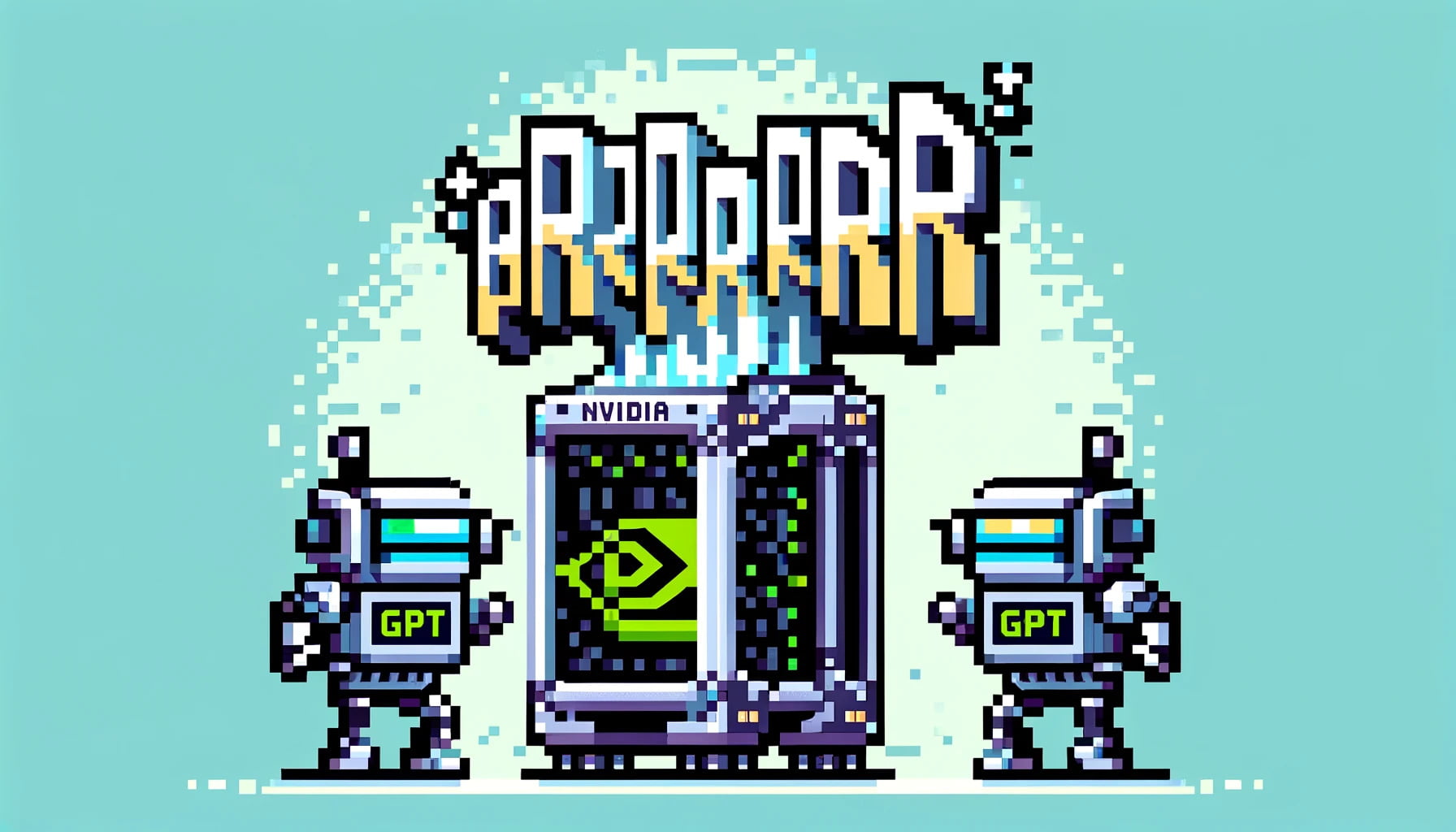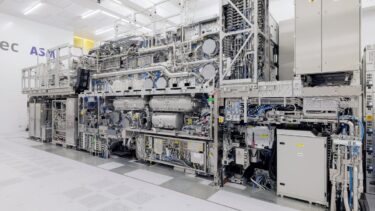Nvidia founder and CEO Jensen Huang sees an opportunity in sovereign AI, an AI system whose data and knowledge is owned by a country.
Huang discussed this in a fireside chat with Omar Sultan Al-Olama. Al-Olama is the minister of state for artificial intelligence in the United Arab Emirates.
Specifically, Huang mentioned sovereign AI systems that help preserve a society's culture and knowledge, its common sense, its language, and its history.
According to Huang, building the necessary infrastructure is "not that costly, it is also not that hard," and training a large language model is a reasonable first step for countries.
Al-Olama agreed with Huang, stating that the UAE is working on developing its own large language models and mobilizing computing resources.
Huang also advised against studying computer science. With computers understanding natural language thanks to AI, "everybody in the world is now a programmer — that is the miracle," Huang said.
Sovereign AI could make Nvidia an even more sovereign market leader
Regardless of whether Huang is right, the Nvidia CEO is pursuing business goals. If all countries train their own large language models, it means they will need more computing power and in many cases build autonomous computing infrastructures to become less dependent on large cloud providers.
From the chipmaker's perspective, this is likely to bring more growth than having a few very dominant cloud companies that, in the case of Microsoft, Google, Amazon, and OpenAI, also use proprietary AI chips or plan to do so in the future. Nvidia is reportedly building new structures to supply cloud companies with custom chips.
Various countries such as Taiwan, Japan, China, and Germany are already developing and training homegrown AI models for exactly the reasons Huang lists: digital sovereignty and independence, cultural influence, privacy, localization, and, of course, economics.
Political ideology can also be a factor: China screens all LLMs for political conformity with "socialist values."







